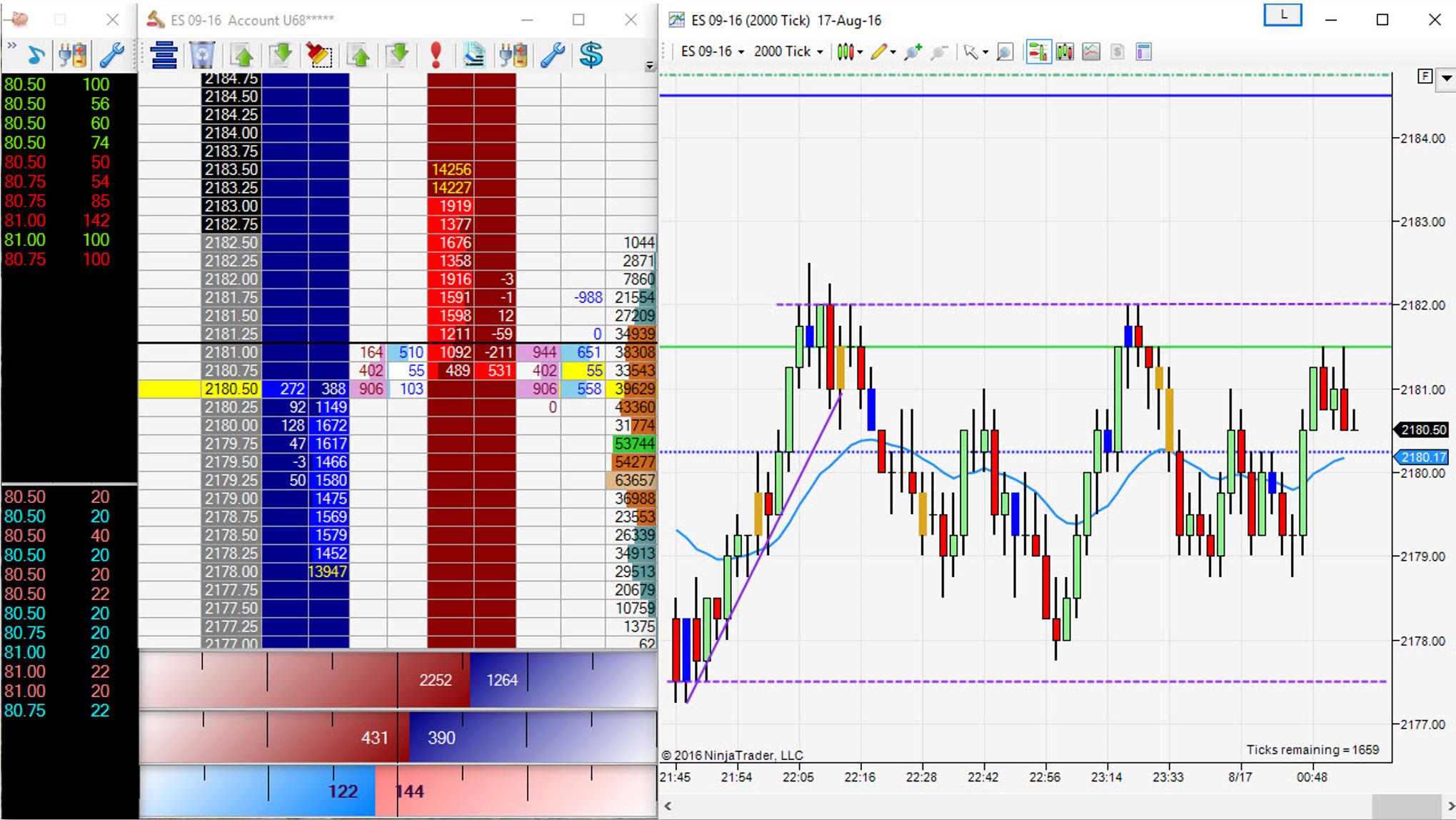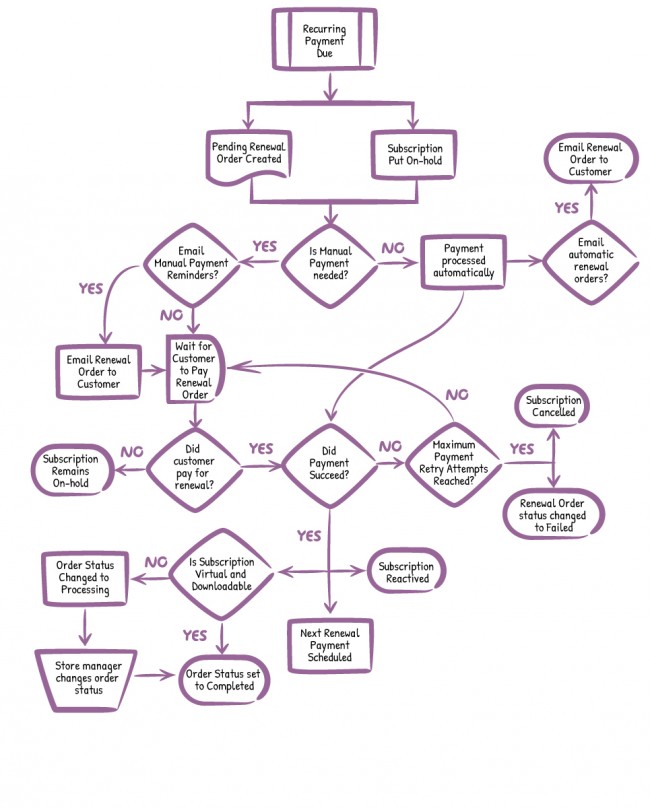


to veterans like E*Trade and Charles Schwab Corp. The payment recipients are retail brokers that range from newcomers like Robinhood Markets Inc.

Between them, Citadel and Virtu handle more than half of the wholesale trading market Citadel alone handles one in every four US equities trades. The firms making the payments are electronic wholesalers, also known as market makers, and include such giants as Citadel Securities, Virtu Financial and Susquehanna International Group. It’s money paid to brokerages to execute orders coming from the brokerage’s retail investors. The SEC decided not to ban the practice, but has set in motion the biggest revamping of equity market structure in more than a decade, changes that could make PFOF less profitable or potentially even disappear. As a broker-dealer that routed customer orders for execution. But PFOF has also become a focus of attention for the US Securities and Exchange Commission. These payments are generally referred to as payment for order flow. It’s what’s made much of stock trading commission-free, which in turn brought into the markets the millions of new retail investors who fueled 2021’s so-called meme stock revolution. Payment for order flow is received by broker-dealers who place their clients’ trade orders with certain market makers or communication networks for execution. At the heart of the way stocks have come to be bought and sold in the US in recent years is something called payment for order flow, or PFOF.


 0 kommentar(er)
0 kommentar(er)
